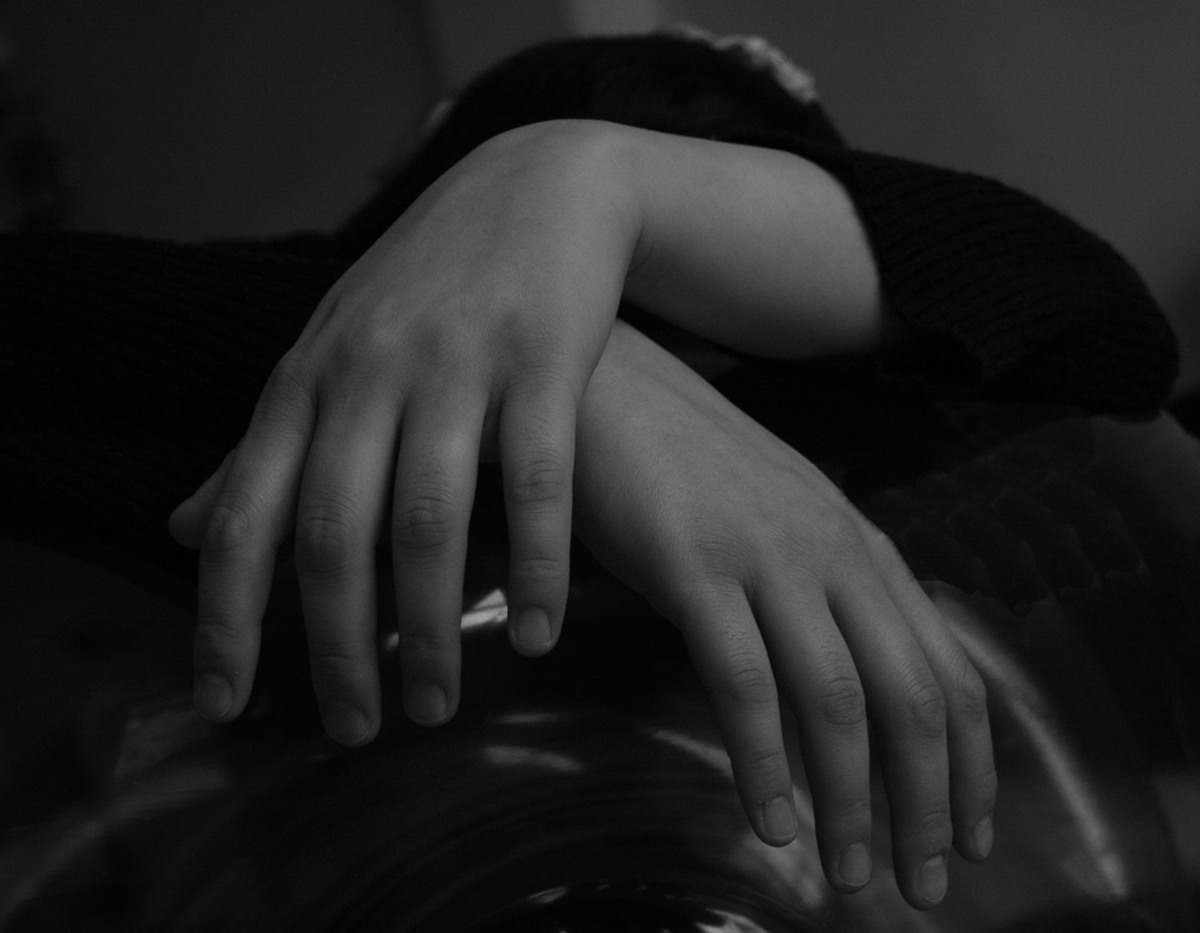Table of Contents
As far as side effects go, there are not too many associated with gingko biloba. Generally reported effects include dizziness, headache, flatulence, diarrhea, nausea and stomach upsets. However, it is possible to have a severe allergic reaction to gingko biloba, especially if you have a pre-existing plant allergy. Other serious reactions to watch out for include:
- Pounding in the chest
- Chest tightness
- Trouble speaking
- Abnormal bruising
- Bleeding
- Weakness

Gingko biloba can interact with a number of prescribed medications and other alternative medicines, particularly any medicines that are processed by the liver. Those with epilepsy should seek medical advice before taking gingko biloba because it is known to reduce the effectiveness of seizure medications.
A serious interaction effect can occur when gingko biloba is taken along with SSRI antidepressants. The resulting condition is called serotonin syndrome, and it is a life-threatening condition requiring emergency treatment.
There is no evidence of gingko biloba being safe to take during pregnancy, and the effect on the unborn child is unknown to date. This also includes breastfeeding, so you must check with your doctor before taking gingko. Nor is it recommended for children to take.
To Take Or Not To Take?
If you look at the side effects alone, the risks do not seem to be terribly bothersome. But, when you take into consideration the effects that can occur due to interaction with other medicines, the risk is very great, as some of the effects can be life threatening. Even if you have diabetes, because gingko can raise and lower the blood sugars, your control of your glucose and insulin can be greatly diminished.
When considering whether or not to take a medication, even if it is a herbal remedy, you must be very careful about researching the product first, and it is imperative that you discuss it with your doctor before you start to take it. As it is used for some conditions openly by medical professionals, it may be perfectly safe, but only your doctor can guarantee this for you.
Another consideration that must be made, is whether you need a remedy made from the leaves of the gingko tree or one that is made from the seeds, as they have different effects on the body. Also, although scientists and those in the medical profession may know the short-term effects of taking gingko biloba, there has been no research into any potential long-term effects. Because of this, the FDA has not approved gingko biloba as being safe or effective for any medical conditions.
READ Siberian Ginseng: The Workhorse Herb For Keeping You Healthy
Herbal remedies just like pharmaceutical medicines all carry some level of risk. Sometimes these risks are minor and tolerable, but other times they are serious. If you want to take an herbal medicine such as gingko biloba, you need to consider what you want to take it for, then look at the documentation and research on the product. Think about why it isn’t approved by the FDA – is it really dangerous or has there just not been enough research done? Talk to your doctor in the first instance, and find out whether it is safe or appropriate for you to take gingko biloba. The better informed you are, the safer you will be.
- Photo courtesy of Kricket via Flickr: www.flickr.com/photos/kricket/3554963049
- Photo courtesy of hapal via Flickr: www.flickr.com/photos/hapal/2400784698


Your thoughts on this